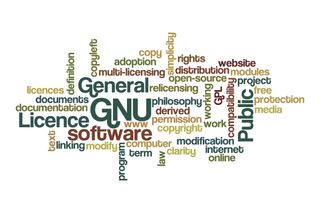How to master the art of software licensing
Coming to terms with software licensing takes time and resources. But failing to ensure software is properly licensed can lead to penalties and excessive software costs, finds Stephen Pritchard in our latest Business of IT special feature.

For IT departments, managing software licences is a chore. But like any housekeeping task, neglect it for too long, and conditions can become quite unpleasant. The easiest way to look after licences is to carry out regular cleaning and maintenance.
A report published earlier this year by analyst firm IDC and the Software Industry Research Board found that as many as 91 per cent of UK businesses needed to do more to manage their software. Those that did do so, however, saw their software costs fall by 20 per cent.
Software licensing poses a twofold challenge for IT managers. Under licensing raises the risk of facing fines, penalties or higher support costs from vendors. Vendors, as well as organisations such as the Business Software Alliance (BSA), can ask businesses to complete software audits. If the organisations do not comply, then the vendor or its representatives can apply for a court order.
According to the Federation Against Software Theft (FAST), an anti-piracy body, the number of software audits is now almost double the level of 2008-09, with 55 per cent of companies saying they had been subject to an audit. There is also the possibility of companies that fail to comply being prosecuted by Trading Standards departments.
The number of cases brought against businesses for using unlicensed software as opposed against people who make or distribute pirated software applications is still relatively small. In most cases, a software publisher will aim to settle with a company out of court.
But with the growth in legitimate online downloads of "trial" software, as well as illegal torrent sites, it is becoming harder for companies to control their software licence use.
Get the ITPro. daily newsletter
Receive our latest news, industry updates, featured resources and more. Sign up today to receive our FREE report on AI cyber crime & security - newly updated for 2024.




